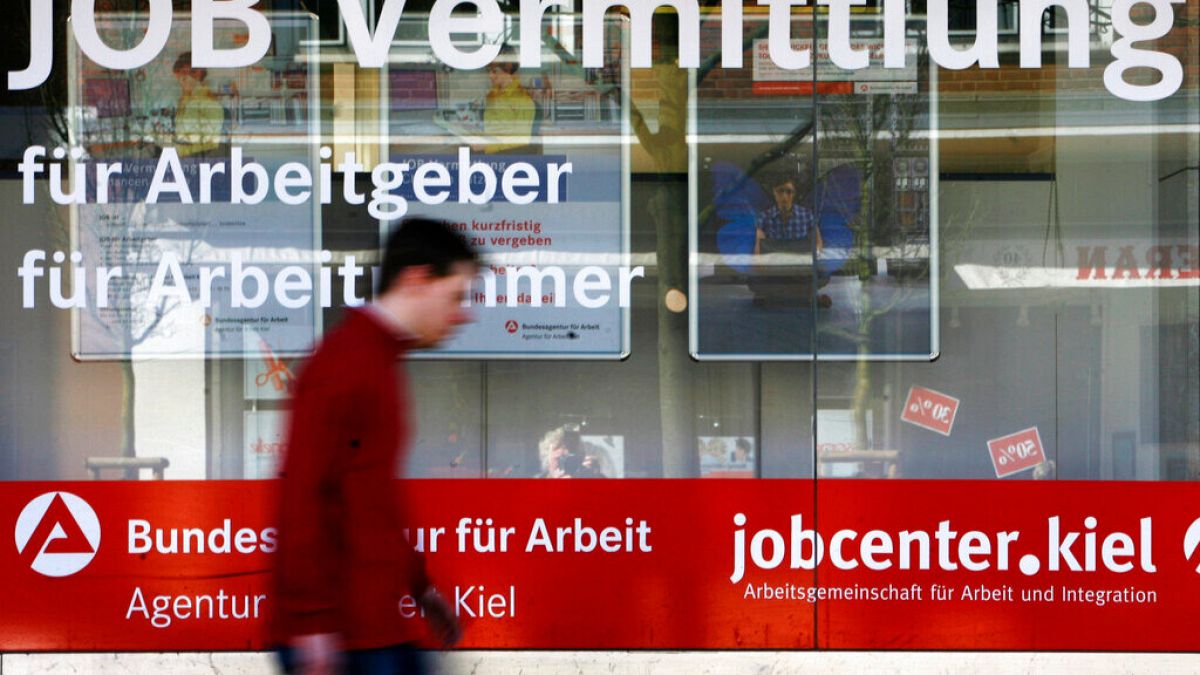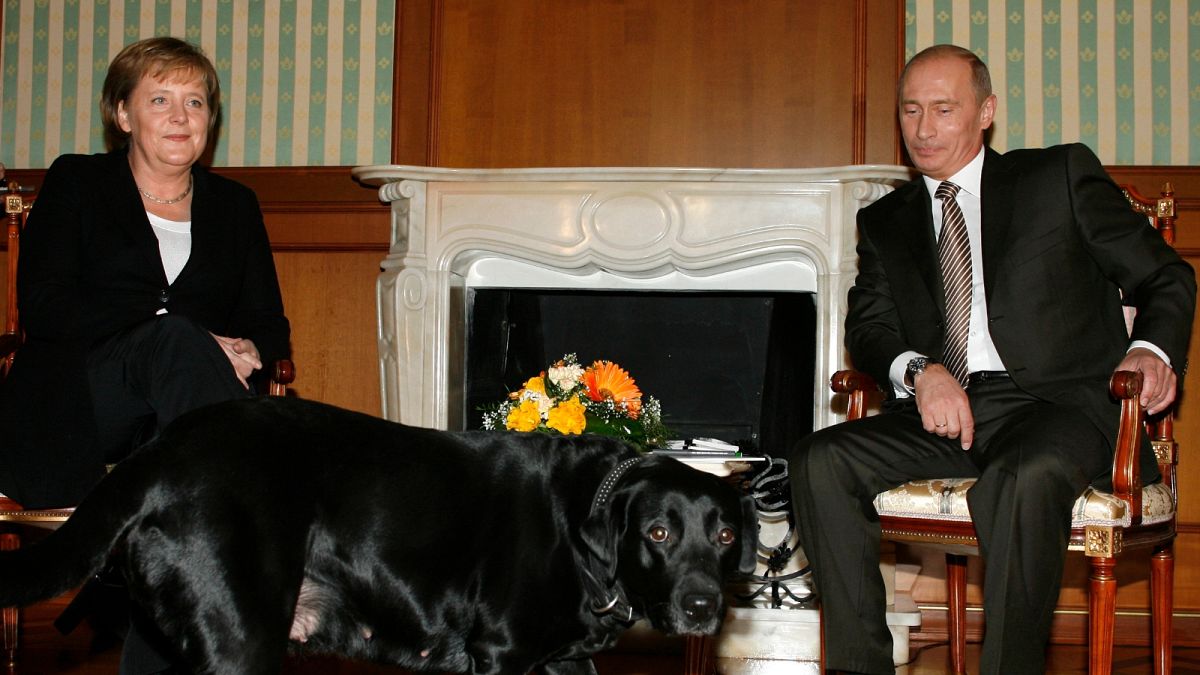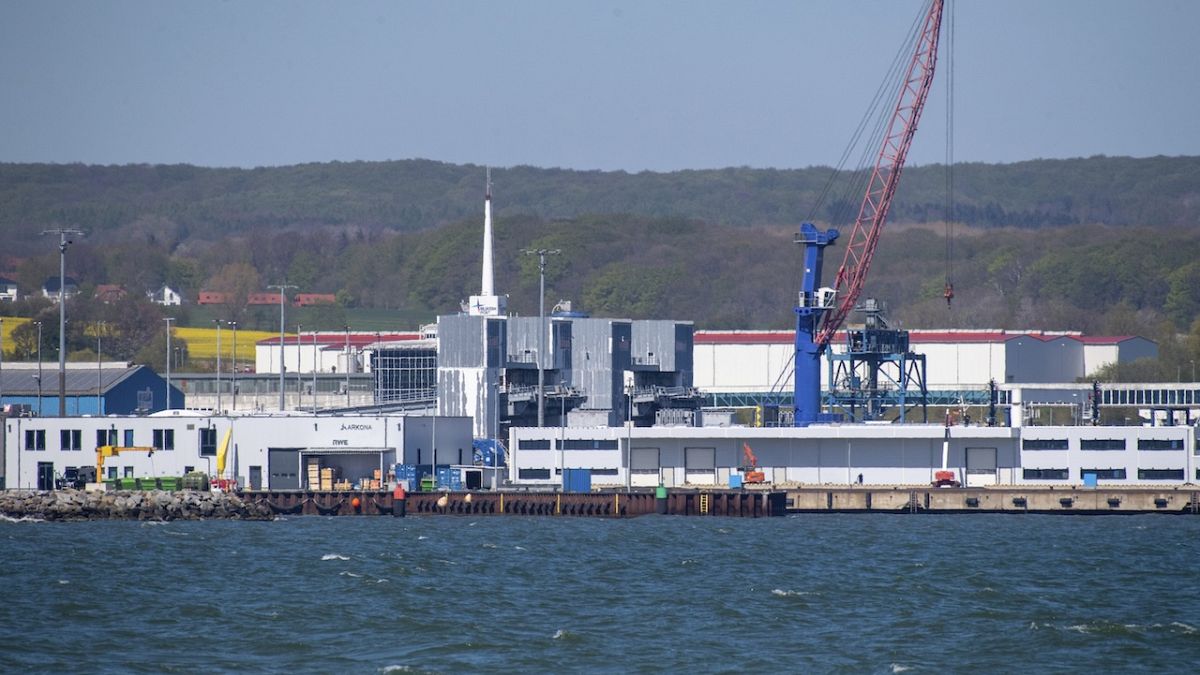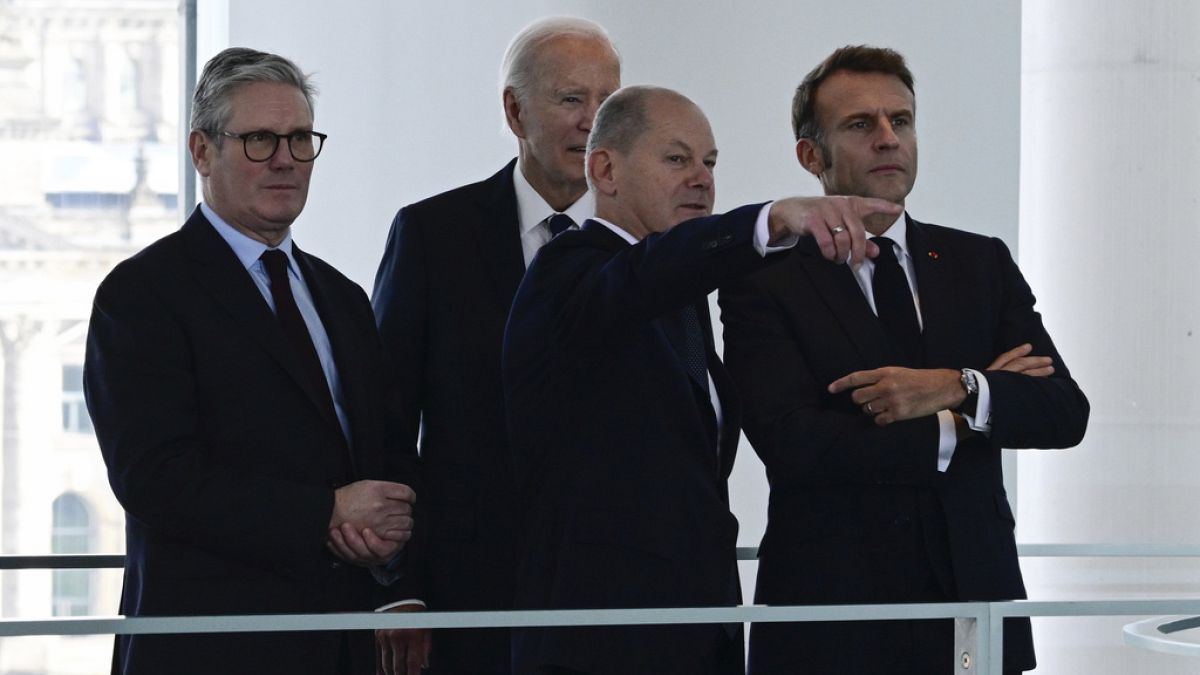Berlin announces huge €130 million cuts to culture budget
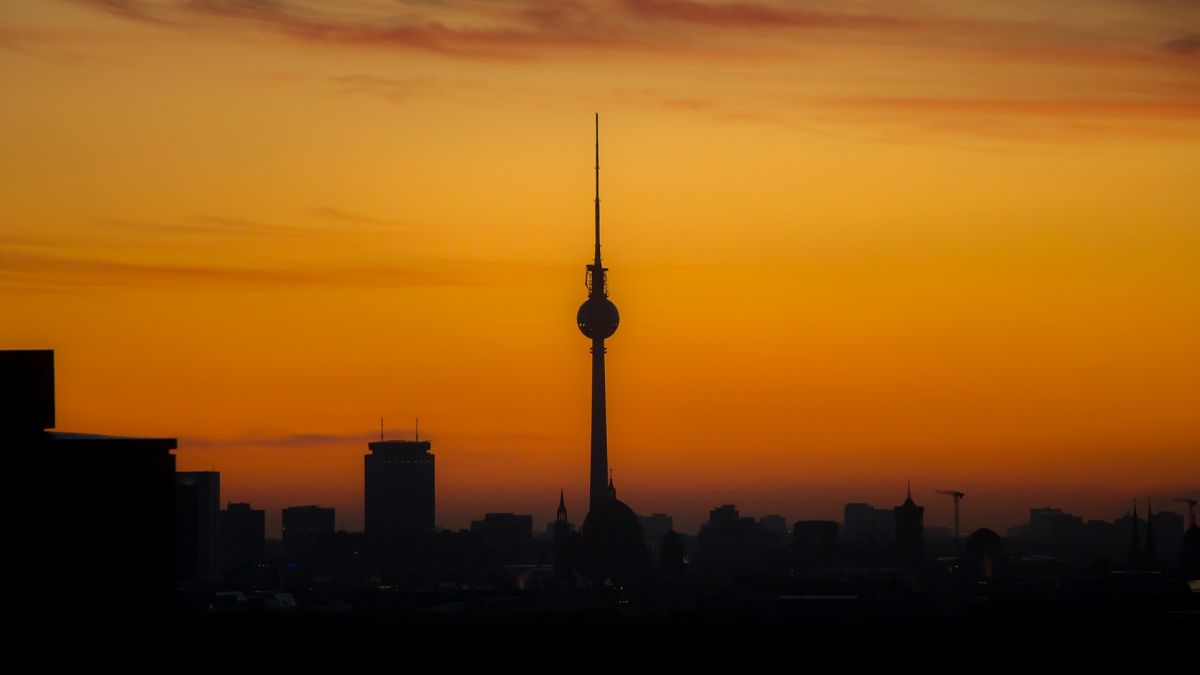
Germany’s government has confirmed huge cuts to the culture budget in Berlin.
Over €130 million will be slashed from the capital city’s culture budget as the annual allowance is cut by nearly 13%.
The decision, announced officially earlier this week, has prompted multiple protests from people across the arts sector concerned that these cuts will dramatically alter the cultural vibrancy of Berlin.
Two years ago, Berlin’s government announced an increase to the city’s culture budget, increasing it to €947. At the time, Joe Chialo, the State Minister for Culture and Social Cohesion promised to continue increasing that figure so that Berlin’s annual budget was €1 billion by 2025.
This week’s news shatters that promise, guaranteeing that at least €130 million – some sources are quoting as high as €144 million – will be removed from the annual budget.
As nearly 13% of the culture funding disappears overnight, some of the biggest operational cuts have already been announced.
Berlin’s major theatre, the Schaubühne are anticipating €1.8 million in cuts and €700,000 in wage increases can no longer be compensated.
“This would lead to the Schaubühne going bankrupt as early as the end of 2025,” the Schaubühne has said in a statement. In response, plans have already been made to close the theatre’s smaller experimental venue, Studio.
Another large planned cut is to the Berliner Ensemble, another major theatre company in the city, which is expecting a €1.75 million drop in its budget next year.
“We will have to cancel at least five productions in the 25/26 and 26/27 seasons,” said artistic director Oliver Reese.
Similarly, the Deutsches Theatre is facing a cut of €3 million and the Volksbühne theatre is set to lose €2 million of its funding. On the smaller scale, Grips-Theater, a youth theatre, anticipates losing €300,000 – more than the company’s entire production budget for a season.
The list of arts venues facing serious operational questions due to the confirmed budget is concerning to an industry that has long struggled to make ends meet.
“In addition to their work, numerous artists, people in the houses, institutions, networks and all structures of the cultural landscape have struggled all year long, from vague threats of cuts to empty reassurances to offers of talks that were never fulfilled,” BerlinIstKultur, a pressure group lobbying for culture in the city explains.
“The cancellation of existing contracts and obligations will be followed by compensation and legal disputes. That is neither economical nor economical,” the group continues.
“Liquidation within four weeks at the end of the year will force bankruptcies and layoffs under the Christmas tree. That is neither Christian nor social,” it writes, referring to the governing Christian Democratic Union of Germany (CDU) and Social Democratic Party of Germany (SPD) parties.
In response, BerlinIstKultur has organised multiple public rallies against the proposed cuts. This week, there will be an action by the Central and State Library on 28 November and a funeral march for culture on 29 November.
These follow successful marches and actions already organised in the run-up to the government’s announcement.
Chialo, a CDU politician, spoke to Euronews Cultureearlier this year to expound the value of Berlin’s cultural sector.
“Berlin is one of the most exciting, fascinating, and creative metropolises in the whole world. Why? Simply because we have an incredibly rich cultural scene here. We boast four world-class opera houses. We have countless clubs where we always rejoice in welcoming guests from all over Europe and the world. We have galleries, over 170 galleries to be exact. And we have over 200 museums. So, for a city like Berlin, with its history, this is remarkable. It’s a very vibrant place to be,” he said in June.
Source: Euro News




